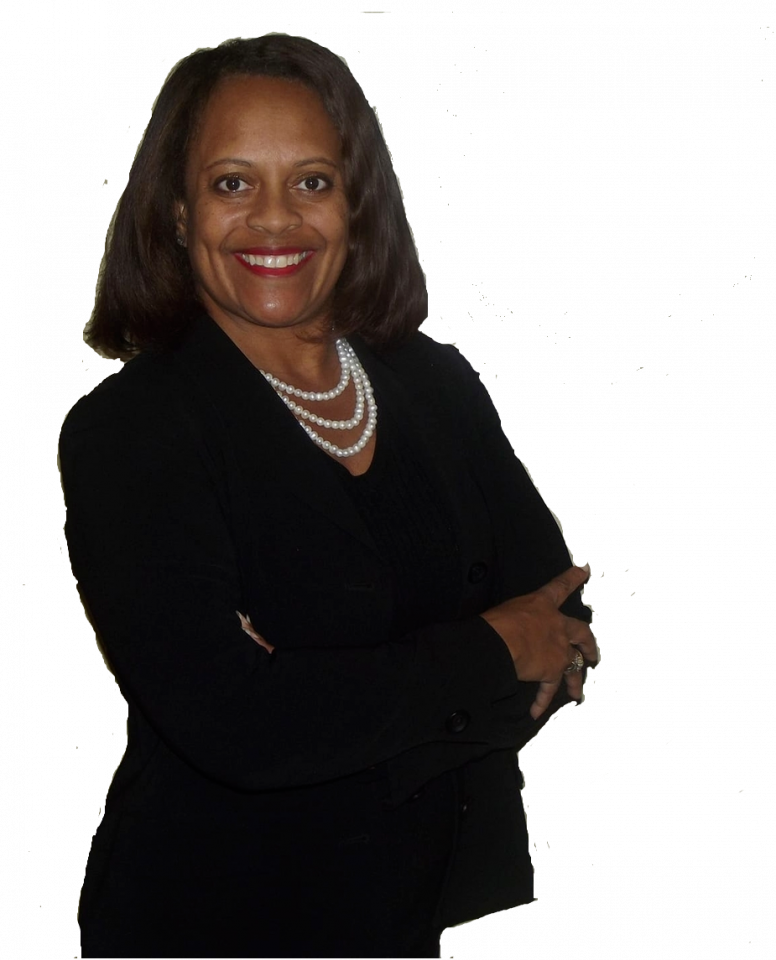
In honor of Black History Month, rolling out will highlight minority businesswomen who are doing the part in making Black history. Meet Sibyl Slade, vice president and financial advisor of LifePlan Financial Advisors Inc. Slade helps professionals and small business owners increase their cash flow and net worth with advance taxed savings and investment strategies typically provided to larger firms.
What prompted you to seek a career in this field?
My background is planning and economic development, I happened to use it in the banking and finance industry. I had a 21-year career at the Federal Reserve Bank and quickly noticed homeownership was the primary investment promoted to minorities as a means for building wealth. More effort was placed on access to credit than investing in financial assets. I wanted to provide the underserved with access to other investment opportunities and strategies.
What are some of the issues that Black women face as entrepreneurs?
Black women have traditionally [had to bear] two burdens as it relates to income and mobility. We have traditionally earned less income than any other segment of the population, even though we have the most conferred degrees of all populations. Lower-income means less disposable income to save or invest. As a result of this, we have little to no capital to invest when starting up a business and we typically turn to consumer debt and more specifically credit cards for startup and working capital for our businesses. This leads to less cash flow to provide for our families and reinvest in our businesses. And subsequently, insufficient infrastructure to operate our businesses beyond being solo entrepreneurs.
Building an ecosystem that provides these businesses with all the necessary services to build a sustainable infrastructure to operate and scale their business, create jobs, and create market value for their business is key. Market value provides these business owners with opportunities for mergers and acquisitions, better terms with loan products and suppliers, buy-sell agreements or other exit strategies that transfer the value of the business to them. For this reason, I co-founded the Small Business Mastermind Forum, a collective of business services professionals to ensure these businesses have the infrastructure needed to overcome these challenges and thrive.
How has the pandemic positively or negatively affected business owners, Black women business owners specifically?
Well, there is no secret that an estimated 90 percent of minority and women small business owners were denied a PPP loan during the first round of the program. We can’t attribute this denial rate to the pandemic. Some structural and non-structural issues already existed. The second round of loans is being processed by community institutions. And the added overlay of the current social justice movement has created a surge of funding resources coming online each day from large corporations, financial institutions, and foundations alike to support women and minority-owned businesses. There are plenty of opportunities now if businesses do the necessary work to position themselves to leverage them.
















